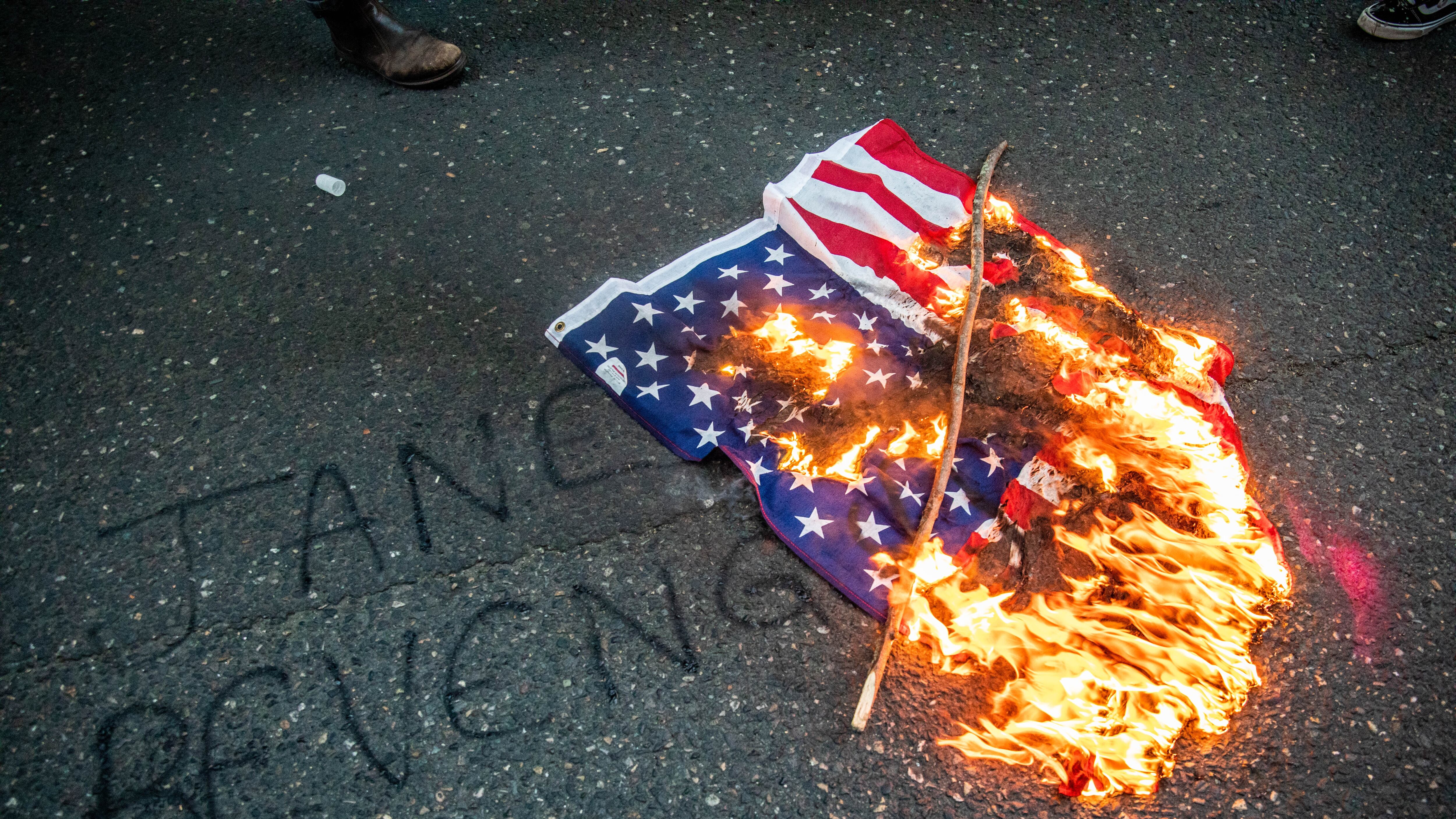On Monday, the 9th U.S. Circuit Court of Appeals overturned Oregon’s ban on recording people in public without their consent.
The court concluded the law was unconstitutional: a violation of the First Amendment right to freedom of speech.
“In general, the government does not have a compelling interest in protecting individual privacy against unwanted communications (including the ‘speech’ comprised of recording others) in areas open to the public unless the audience’s ‘substantial privacy interests are being invaded in an essentially intolerable manner,’” U.S. Circuit Judge Sandra Segal Ikuta wrote for the majority.
Oregon was previously one of five states with such a ban. It included several exceptions, including allowing recording of some felonies and law enforcement.
The court’s ruling stems from a lawsuit originally filed by Project Veritas, a conservative organization that’s known for publishing surreptitious recordings in an effort to discredit mainstream media outlets and progressive groups. It complained that the law was hindering its operations in Oregon.
Project Veritas sued Oregon Attorney General Ellen Rosenblum and Multnomah County District Attorney Mike Schmidt in 2020, claiming the law would prevent it from investigating government corruption and violent protests. After a federal judge ruled against the group, it appealed the case to the 9th Circuit.
James O’Keefe, the group’s founder, praised the ruling on Twitter. “Like the Ninth Circuit has explained before, whatever concerns Oregon has over shoddy reporting or ‘fake news,’ the remedy for speech that is false is speech that is true and not the suppression of speech,” he wrote.
In a dissent, U.S. Circuit Judge Morgan Christen noted, “Because modern technology now allows voice recordings to be manipulated and disseminated worldwide with a few keystrokes and clicks, the protection afforded by [the law] is more important than ever.”

